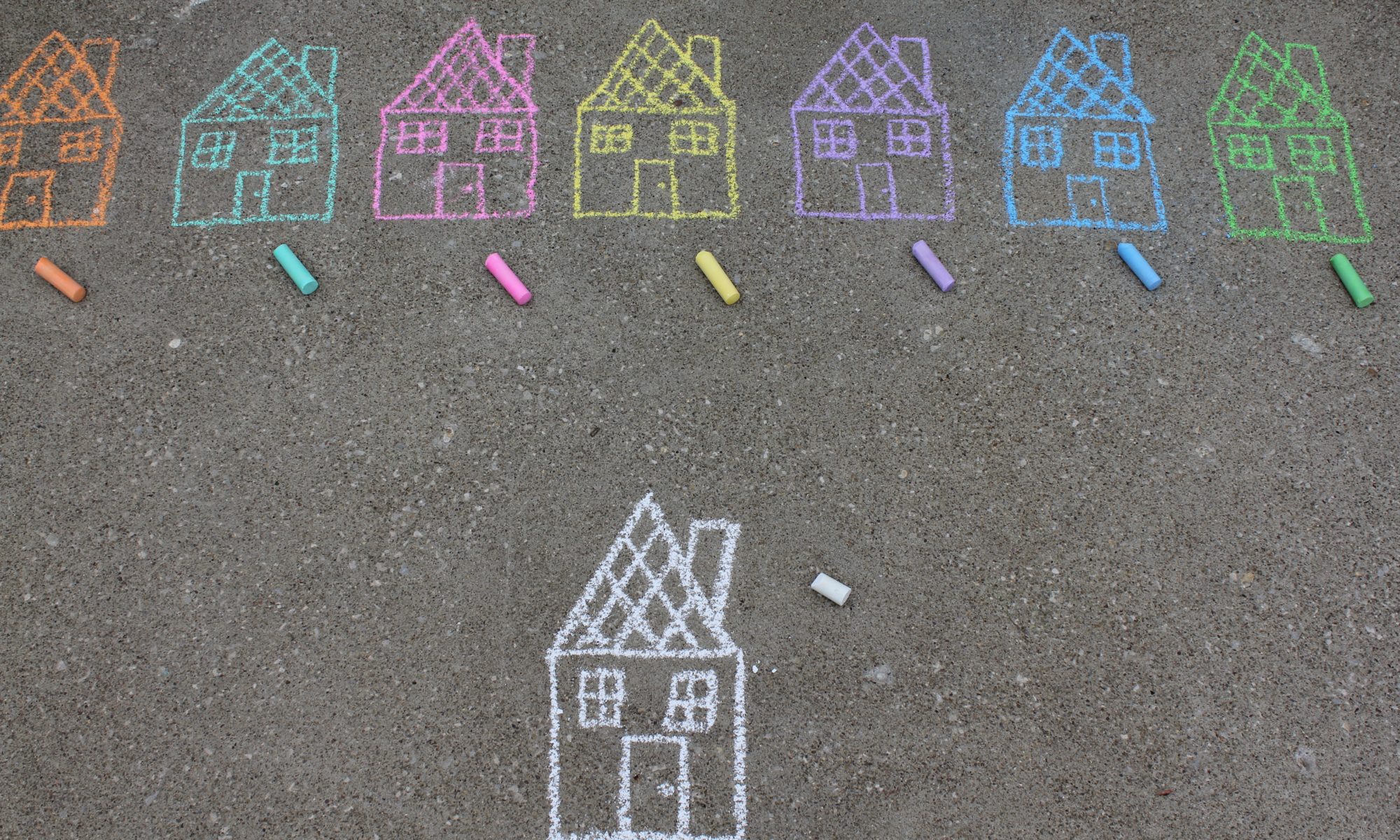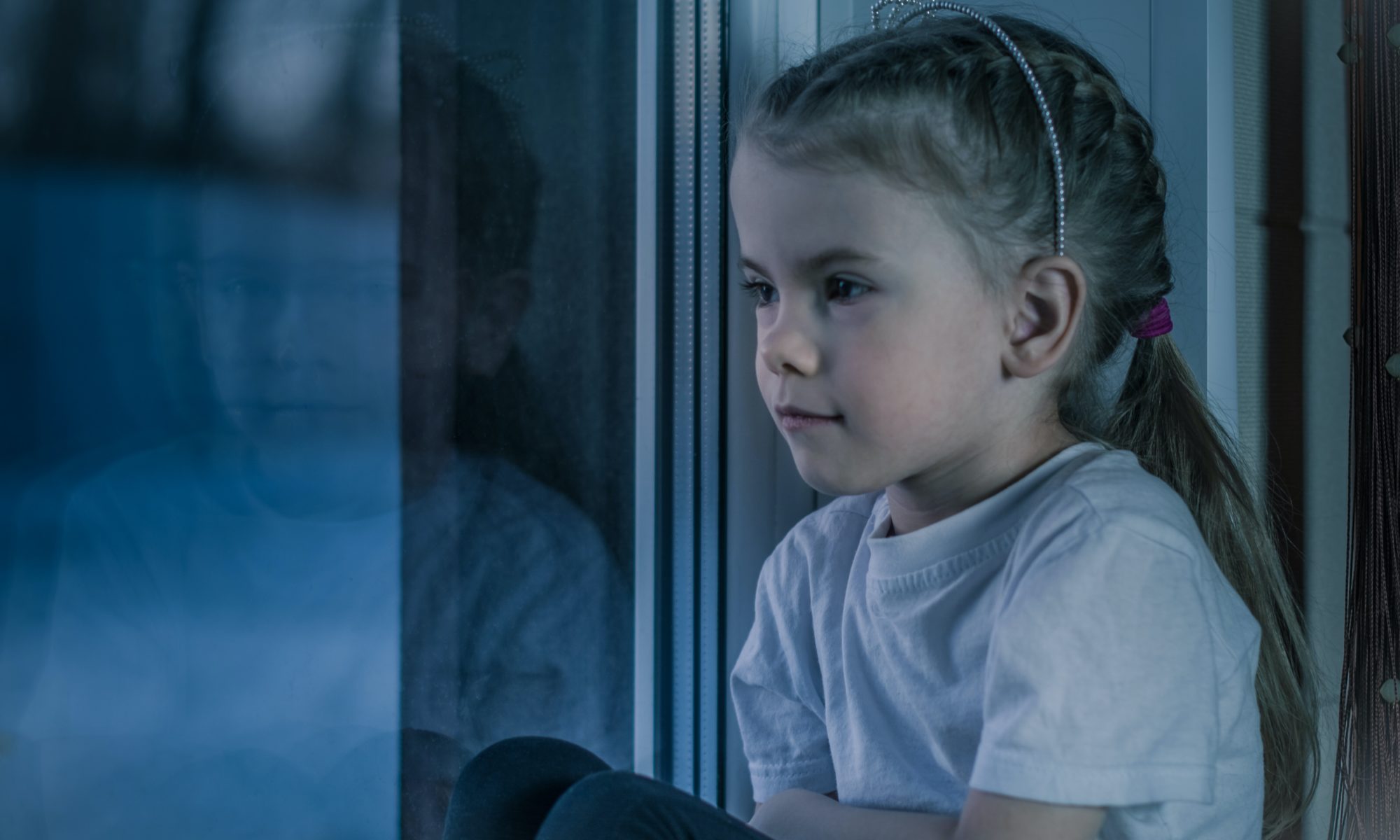The Holmes and Rahe Stress Scale that studies how much stress affects health placed divorce in the second place — the first being taken by the “death of spouse” event. Also known as the Social Readjustment Rating Scale, this tool consists of 43 events deemed stressful enough to cause illness and mental health issues. But why is divorce so gravely stressful?
The Attachment Theory has some answers for this. Developed by a British psychiatrist John Bowlby and further enhanced by his colleague, Mary Ainsworth, this theory was firstly about the child-parent relationship. However, in the ’80s, Cindy Hazan and Philip Shaver expanded the theory to include adult romantic relationships as an attachment process, implying strong psychological and emotional bonds between partners.
End of relationship and stress
Divorce is emotionally challenging and no matter how maturely the couple deals with this event, it can still be quite stressful. After the divorce, the partners separate from each other, change their lifestyle and habits, move to another place, and continue forward without sharing responsibilities with the other person. It also can affect other relationships in their lives, like with their children, family, friends, and colleagues.
The most stressful of all is grief. Defined as an agonizing loss that overwhelms a person, grief is the reaction to the divorce. Grief can be experienced by both partners, it doesn’t matter who left who. The American Institute of Stress sees grief as psychological trauma and a person needs to have a period of mourning to heal. During this time, a person is in distress and suffers from various conditions because of it, like difficulty sleeping.
Sleep problems after divorce
Losing sleep after a divorce is common, but that makes it far from okay. Sleep is necessary to store memory, boost immunity, repair damage inside the body, and regenerate cells. It’s one of the most important processes that happen in human life, so when it’s disrupted, a person suffers consequences.
Nights are the trickiest time of day after a stressful event, but losing a loved one makes it even harder. You look at that extra space in bed and feel alone, abandoned, and broken, trying to find answers to why is this happening to you and what have you done wrong. If finally, you do fall asleep, your dreams are troubling or you wake up every few minutes, reminded of your predicament.
Ways to improve sleep after divorce
However horrifying it may seem, there is a way out from this situation. It won’t be easy and it may take time, but taking control of your sleep habits is a path to being alright. Here is what you can do to improve sleep after divorce stress and overcome this difficult time.
Seek counseling
Cognitive-behavioral therapy is always a good idea, especially after something as hard as divorce. It helps you to recognize the problems and deal with them so they don’t negatively affect your life anymore. Look for therapists who are specialized to deal with sleep disorders and divorce, since they may have more experience on the matter.
However, remember that this won’t bring resolution overnight. You have to find a therapist that makes you comfortable to open up and talk about the deepest issues. Once you do, you need to make an effort to listen to their advice and be willing to go through uncomfortable stages to be comfortable in your life again.
Take natural sleep aids
A therapist can prescribe you medicines to help you fall asleep or treat depression, anxiety, and any other psychological effect of divorce. If you are still deciding whether to go to a therapist, you can try natural sleep aids. Herbal teas are a common go-to option since some herbs both have a calming and sleeping effect, like chamomile. Lavender and mint are also famous for their relaxing properties, so you can add them to your teapot as well.
Those who are not fans of tea can try drops or tablets made from valerian, hops, and other soothing herbs, or lavender pillow spray. Aromatherapy with scented candles and essential oils has been known to help fall asleep. You can use essential oils in a warm bath or a diffuser but stay away from refreshing scents, like citruses, since they can keep you awake.
People having trouble falling asleep also take melatonin supplements which is a hormone naturally released in the body that controls the sleep-wake cycle. In a man-made variant, you can take it as a pill every night before bed for a short time, although it’s best to consult with your physician first.
Buy new bedding
Take all the bedding you shared with your partner, throw them away or donate them, and go buy yourself new ones! Getting completely new pillowcases and bed linen is part of your fresh start to go forward and leave the past behind. Even pillows and covers have to go if you are uncomfortable using them.
In case the bed is a problem, you should replace it as well. The key is to remove the space you shared with someone and create a personal space that is your own. That way, you won’t look at their side of a bed as a loss, but you will have the whole bed for yourself.
Keep the room dark
Being alone in a dark room may seem like the last thing you need when in emotional distress, but it’s one of the best ways to fall asleep. You can have a cup of chamomile tea before bed and use a sleep sound machine when you turn off the lights to help. When there is no light, the body interprets it as a sign it’s time to sleep.
For this reason, having electronic devices that emit light in your bedroom is also not a good idea. If you do have to keep your phone inside the room, avoid putting it on the nightstand and cover your eyes with a sleeping mask. Moreover, no TV, smartphone, or any other screen at least two hours before bed will minimize your exposure to blue light that can interfere with the sleep-wake cycle.
Have a bedroom makeover
Since divorce is a life-changing event, you should go with the flow and change your environment. If moving to a new home is not an option, go for the easier one — a makeover. To get yourself going, start with something small like redecorating your bedroom so you don’t tire yourself and give up quickly. Throw out old furniture or have it redone, put new paint on the walls, add some wallpapers, hang new curtains, and spread a new carpet.
What once was a couple’s territory, now is only yours and you should let your creativity and personal desires define your bedroom décor. While at it, declutter memorabilia on your relationship, like a wedding album, photos, gifts, and other things you share with your partner.
Practice meditation and breathing techniques
Meditating is commonly used to de-stress and focus on the present. It relaxes the body and mind, helping you calm down and fall asleep. According to a 2015 study, meditation and practicing mindfulness can improve sleep quality by evoking a relaxation response. An important part of meditation is proper breathing, something you can try when you have difficulty falling asleep.
A breathing technique known as 4-7-8 is often recommended by therapists. It involves breathing in through your nose until you count to 4, holding your breath until 7, and breathing out slowly while counting to 8. Repeat this a few times and count as quickly as necessary to comfortably breathe during this exercise. Soon enough you will start feeling sleepy.
Stay away from caffeine or alcohol before bed
Caffeine is a substance found in coffee and some types of tea that is excellent to stay awake. That said, you shouldn’t drink any of these beverages before bed, except for caffeine-free teas. Unfortunately, these are not only drinks that contain caffeine since energy and some fizzy juices are full of it.





